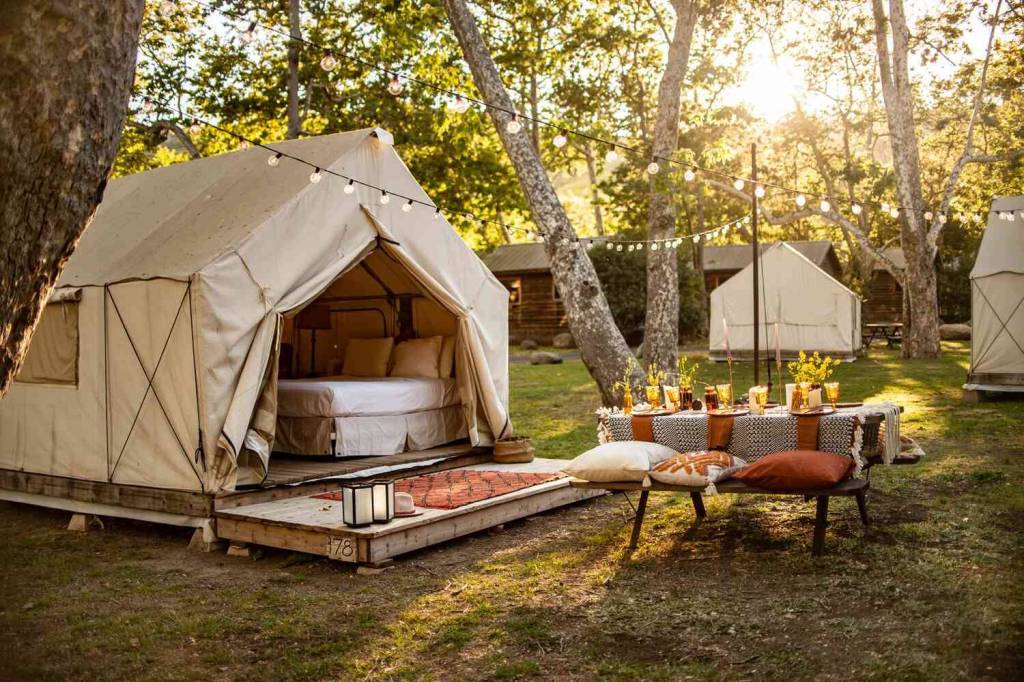The Global Tourism Trends (GTI) 2023 study indicates that the primary driving forces behind the increase in Vietnam’s domestic tourism are Generation Z and families with children. Looking ahead, 41% of Vietnamese consumers are intending to travel within the next 6 months.
Families with young children and the Silver generation (over 60 years old) are the groups that travel the most for leisure, averaging 2.4 trips last year. Moreover, as the middle class grows and disposable income increases, Vietnamese consumers are starting to have more trips on more domestic and international journeys, seeking opportunities for bonding and memorable experiences.
According to Visa’s latest Green Shoots Radar study, which surveyed 8,400 consumers across 14 countries and territories in the Asia-Pacific (APAC) region, including 500 Vietnamese consumers aged 18 to 65, 40% of Vietnamese travellers prefer to book flight tickets directly from airline websites.
When it comes to accommodation bookings, 49% of users opt for e-wallet payments, while 29% use credit cards. This consumer trend reflects preferences seen across the Asia-Pacific region, where consumers prioritise booking flight tickets directly through airline websites and prefer prepayment via credit cards for accommodation.

Insights from Booking.com’s Asia Pacific Resort Outlook Report revealing current trends in the short-term rental segment across seven countries in the Asia-Pacific region, including Vietnam, India, Australia, New Zealand, Korea, Japan, and China.
In Vietnam, the survey gathered feedback from over 1,000 Vietnamese adults aged 18 and above. It revealed that each generation and tourist demographic in Vietnam exhibits unique and diverse preferences, priorities, and desires.
For Generation X, cleanliness tops the list of priorities (43%). Additionally, 29% of respondents identified proximity to the beach or access to the sea as crucial factors in making vacation rentals more appealing to this generation.
On the other hand, Millennials seek a balanced vacation experience, emphasising affordability (57%), safety (54%), and convenient access to local attractions (53%). As a generation inclined towards exploration and new experiences, Millennials are drawn to vacation homes near the sea (25%), equipped with amenities like swimming pools and BBQ areas (24%), or situated in less populated areas such as hills or mountains (23%).
Gen Z favours safe and distinctive locations, with a preference for pet-friendly accommodations (18%), novelty in the form of tiny houses (30%), and experiential discovery through glamping trips (high-end camping services with numerous amenities) (24%). Safety considerations (47%) hold significant importance for Gen Z when selecting vacation homes. Like other generations, Gen Z values price transparency, with 46% emphasising the importance of no hidden costs or additional service fees.
Overall, all generations share a common desire for transparency and reliability when it comes to vacation accommodations. Depending on individual travel expectations and preferences, each person seeks out a place with distinct characteristics that align with their needs.

In recent years, we have observed and noticed that the demand for staying at vacation homes is on the rise, The unique features of this model are what attract tourists. Nowadays, tourists are interested in many factors other than just a place to stay; They crave for personalised experiences, tailored to their own preferences…
Mr. Varun Grover, the Country Director of Booking.com in Vietnam
With the aviation industry facing aircraft shortages and air ticket prices expected to remain high, tourism businesses are adapting by diversifying their products and services, integrating various modes of transportation including cars, trains, and planes. “Many businesses this year have promoted short-distance tours from Ho Chi Minh City to destinations in the Southeast region or Mekong Delta provinces. Alongside car travel, tours now incorporate train or plane travel, offering tourists more options while reducing tour costs,” explained Ms. Nguyen Thi Khanh, Chairwoman of the Ho Chi Minh City Tourism Association.
Furthermore, self-sufficient travel is emerging as a trend. In response, businesses are evolving their service methods to attract customers and boost sales. Many are transitioning towards offering “free and easy” services (including air tickets and hotel rooms) that provide quality experiences at reasonable costs.
Pham Van Bay, Deputy Director of Vietravel’s Hanoi branch, highlighted their efforts to cater to customers who prefer individualised services rather than packaged tours. They have collaborated with various accommodation partners such as hotels, home stays, and resorts to offer exclusive pricing for individual guests, aligning it with group rates. Additionally, Vietravel’s website now features dedicated sections for ordering hotel services and packages, including combinations like hotel-air ticket and hotel-car packages. Moreover, Vietravel has introduced tours for small groups, customisable to guests’ preferred dates and adaptable program and services to meet their preferences.
Despite businesses diversifying their approaches to attract tourists, experts emphasise the importance of collaboration between travel businesses and service providers to meet all tourist demands and foster the growth of domestic tourism. This collaboration aims to ensure the provision of the most reasonable prices for customers, ultimately enhancing the overall travel experience.

